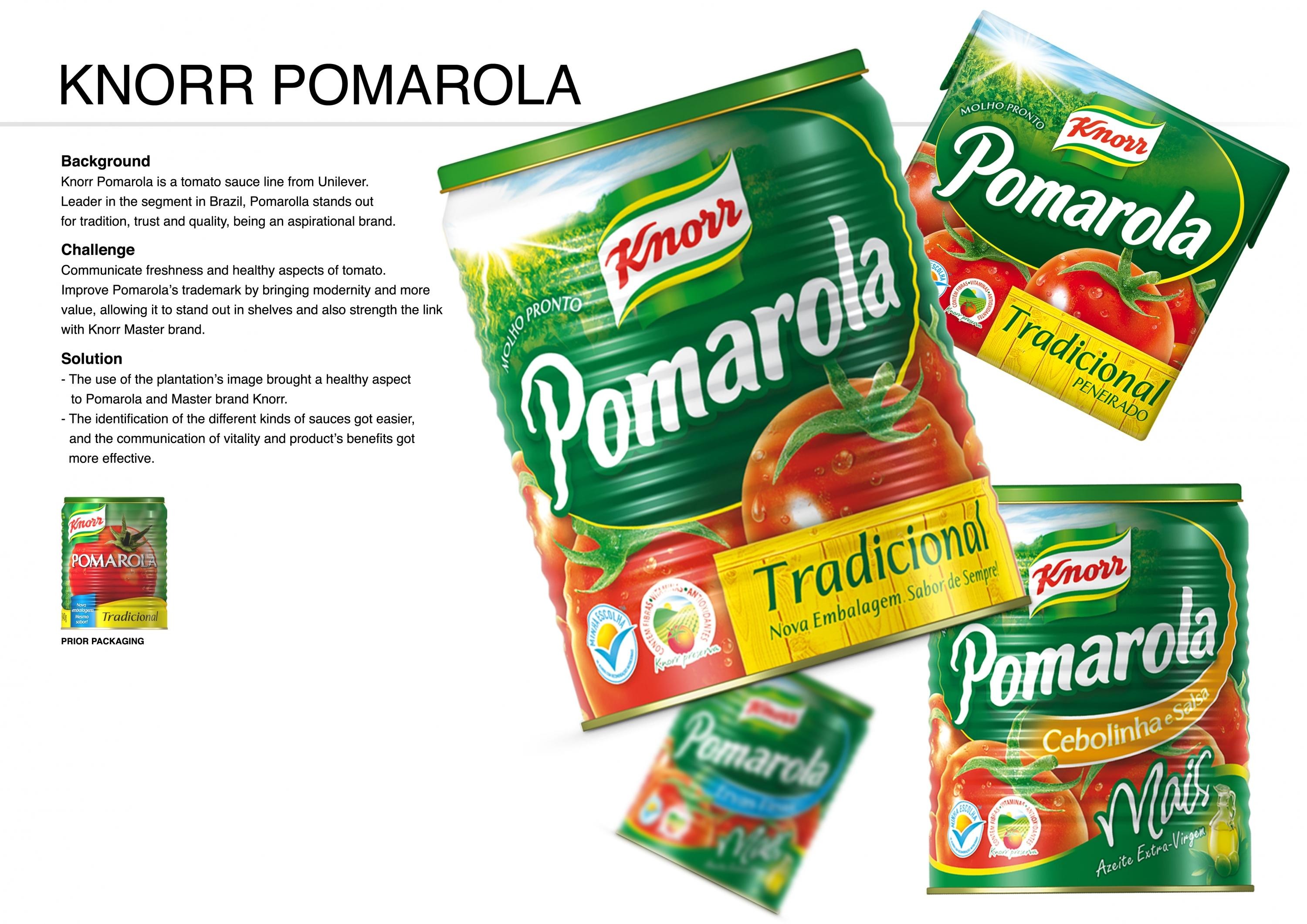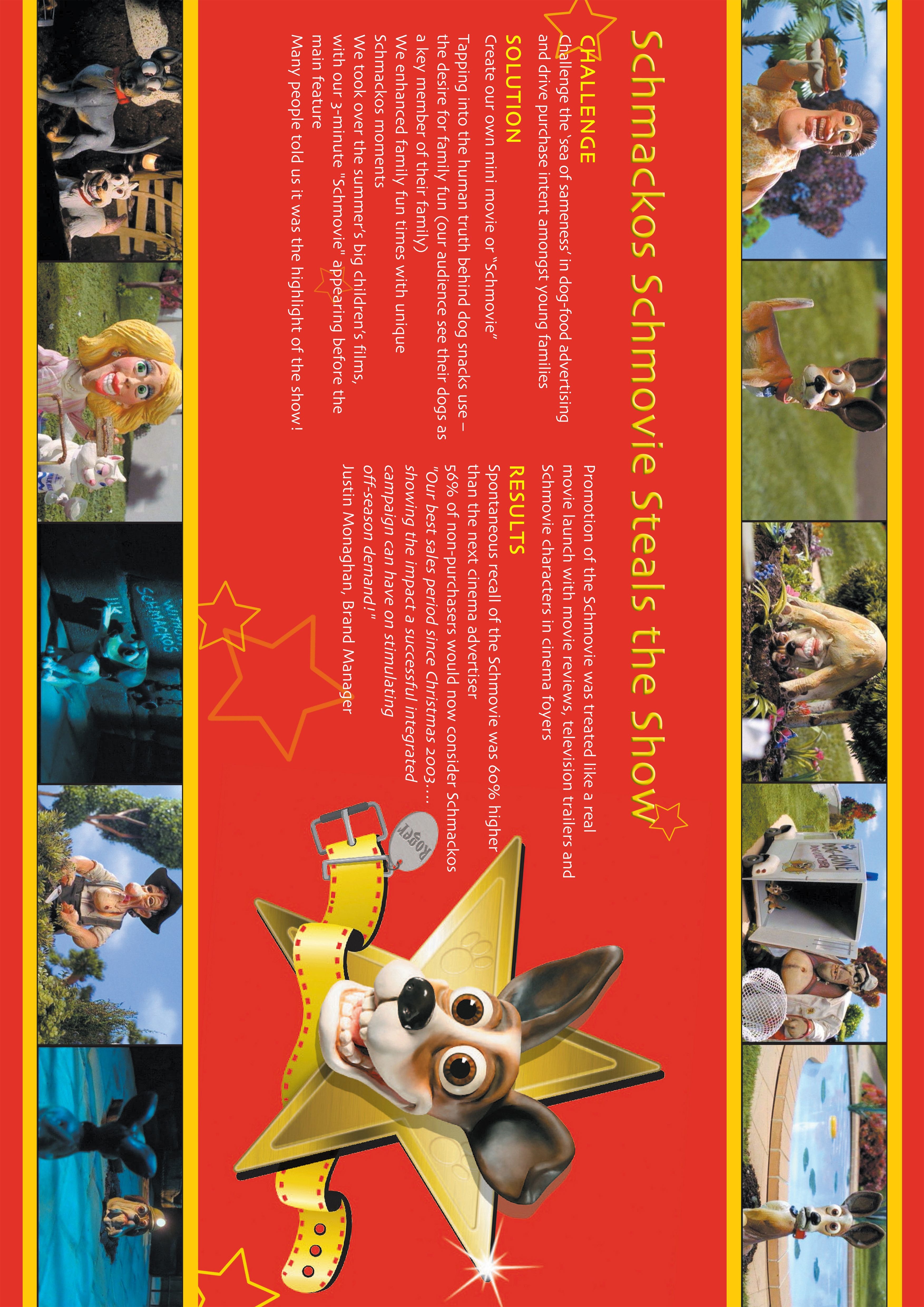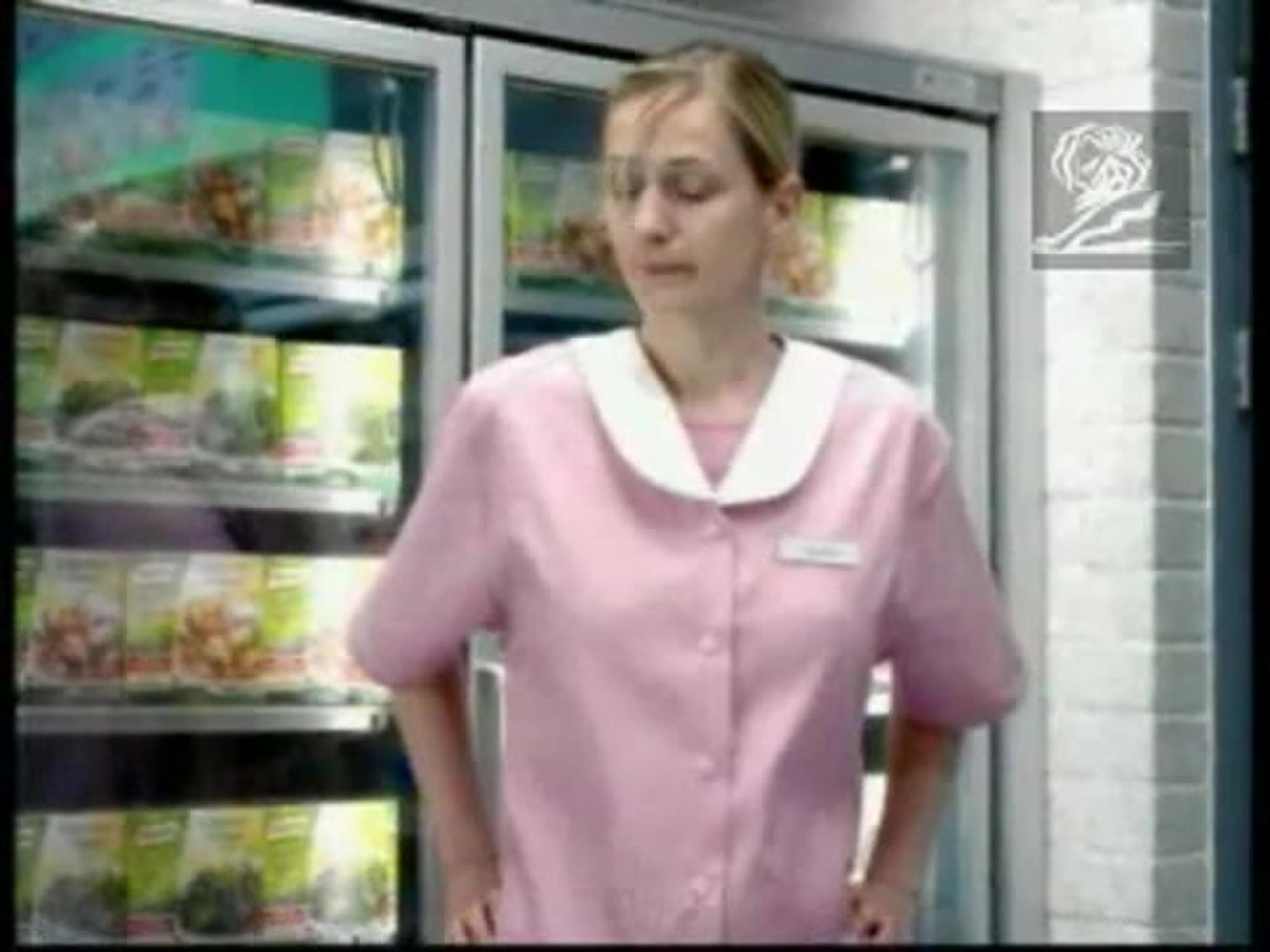Eurobest
Supercube
WEBER SHANDWICK, Cologne / KNORR / 2024
Awards:

Overview
Entries
Credits
OVERVIEW
Idea
"Fussy", "picky", "difficult"... Society lables those who struggle to eat veggies. Yet 1 in 4 people are born with gene TAS2R38, know by scientists as the "supertaster gene". This makes many vegetables such as broccoli, kale, spinach and cabbage taste extremely bitter. It can also result in a lifetime of anxiety around food and avoidance of healthy meal options. So we invented the Supercube, for supertasters. We believe this is the first food product made specifically for those with the gene, helping a quarter of the population enjoy a healthy, vegetable-packed diet. Unlike usual stock cubes that add flavour, this reduces certain flavours. The cube works its magic with natural herbs, spices and some clever flavour science. Whether infused or sprinkled as a garnish, the ingredients work in unison to activate and deactivate key taste receptors on the tongue, reducing perception of flavours supertasters find bitter.
Strategy
As awareness of the gene TAS2R38 is so low, there’s also a bitter taste in society. Gene carriers are labelled “picky eaters”. To validate this, we conducted a study into stigmas faced by supertasters, which found 77% experience negativity from others, regardless of life stage. But they're not “picky”, they're “supertasters” – a far healthier message to put into the world. By leveraging Knorr R&D, we could go beyond comms to develop an actual solution. The first food product for supertasters would position Knorr as a pioneer of inclusive nutrition – and provide a story that could be shared via social influencers, events and news media. As the issue affects gene carriers throughout life, the story would resonate with the widest possible audience – but we would refresh the brand by giving media focus to young Millennials and Gen-Z parents who particularly relate to the tensions caused by "fussy eating."
Description
Knorr has a mission to get as many people as possible eating healthy vegetables by “making the good stuff irresistible”. But there’s a brand perception problem. Knorr is perceived as an old-fashioned “flavourings” brand with associations to processed foods – hardly the champion of natural, nutritious vegetables. The challenge was to reposition Knorr as a fresh-thinking innovator, fully invested in inclusive nutrition – in a way that would generate talkability amongst fresh young audiences. We discovered an insight - 1 in 4 have a "supertaster gene" that makes some vegetables taste extremely bitter. The idea was to create the first food product made specially for them. The supercube is a stock cube that reduces certain flavours, instead of adding, helping quarter of the population enjoy a healthy, vegetable packed diet. We test launched in Sweden, with mass media coverage and 70% of consumers saying they intended to buy the Supercube.
Execution
We (submitting agency) had the Supercube idea October 2023 and Knorr R&D immediately fast-traced prototype development. "Predictive flavour modelling" allowed testing of hundreds of natural ingredients that modulate tastebuds, while design teams developed packaging. Pre-launch, we generated talkability by developing a Knorr branded test kit - paper strips infused with "PROP", a scientifically established test for the gene. Influencers shared their results and the public could request kits via supertasters.se. We also developed the first study exploring the stigma faced by supertasters, with sensory expert D. Johan Swahn and 94 confirmed supertasters. The story of the limited edition Supercube launched 19 February with the opening of a restaurant dedicated to confirmed supertasters - Stockholm's Nabo brasserie rebadged as "Supertasters". Films caputred supertasters loving the foods they normally hate and were distributed via social media through March and April. The product is aimed for retail rollout in 2025.
Outcome
Total reach so far, 144 million - 80% of which was earned. Pre-launch, over 30,000 gene test strips were sent on request to the public, in one week. (At this point, stocks ran out.) The story was covered by Sweden's most popular TV, radio and news outlets including TV4 Nyhetsmorgon, P4 Extra, Göteborgs-Posten, plus food, lifestyle and health titles. Despite the local focus of the campaign, the news went beyond Sweden with coverage in the UK's Daily Mail and more.
The campaign proved demand: 70% of consumers who saw the campaign would buy the Supercube. Brand perception aims were achieved too: 80% perceived Knorr as inclusive and 85% view Knorr as more innovative than before.
Knorr aims to bring the Supercube to market in 2025, believing this will be the first commercial product developed specifically for supertasters - a huge potential new market for Knorr and the wider food industry.
Similar Campaigns
12 items






